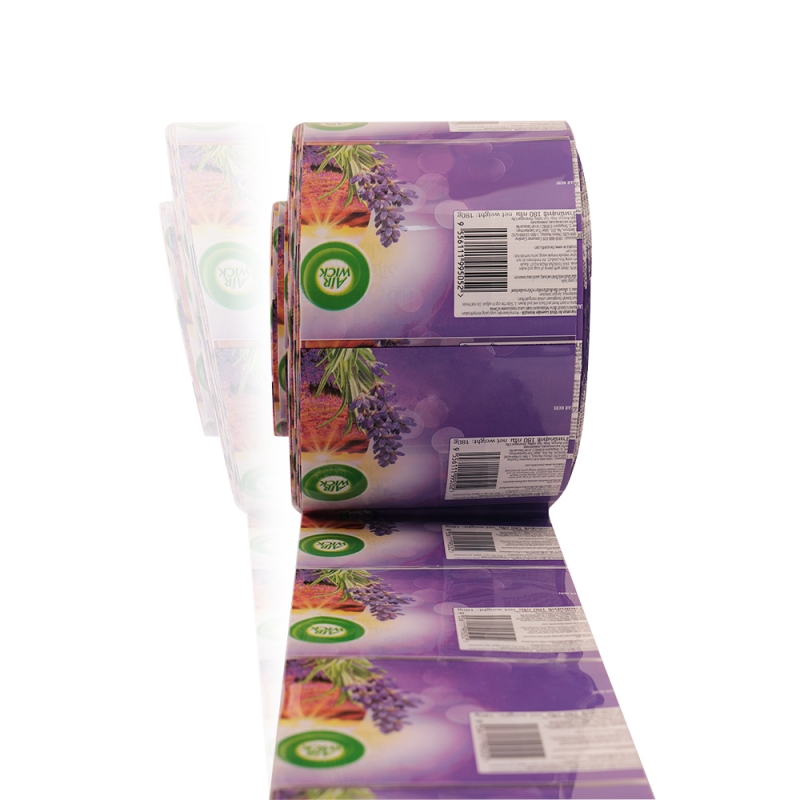For some people, alcohol is a must-have at New Year's Eve parties, fancy date nights, wedding receptions, and other celebrations. Gallup reported that more than half of adults in the U.S. consumed alcohol in 2021, but this is actually a 5% decrease from two years prior. So the question is, why the drop?
If you were to ask a non-drinker why they skip the champagne during toasts or opt for the virgin margarita on vacations, you could get one of many answers, namely health and safety reasons, religious reasons, or lifestyle changes. Or maybe they just don't like the taste of alcohol. When it comes to health, however, alcohol is a big concern. It's no secret that drinking too much alcohol is linked to a number of risks, including car accidents, addiction, and poisoning, among others, but did you know it can also shrink your brain? Graduated Color Label

A study published in the journal Nature revealed that just one glass of wine or a pint of beer is enough to shrink the overall volume of the brain. And if you drink more than that every day, the damage to the brain can potentially be even worse.
According to Live Science, the study involved more than 36,000 adults in the U.K. Participants were asked how much alcohol they consumed daily and had their brains scanned with an MRI. The brains of the drinkers were then compared to those of the non-drinkers.
The brains of the drinkers who consumed about two daily cups of alcohol appeared two years older than those who consumed none. But it gets worse. Drinking alcohol every day can also cause your brain to shrink. The study revealed that the brain volume of those who drank more than one alcoholic unit a day was smaller than the "one-glass-a-day" group. But what exactly are the effects of a shrunken brain?

PP Drink Glass Shrink Wrap Label Sleeve According to the Alzheimer's Society, brain damage caused by excessive drinking has been proven to "lead to Alzheimer's disease or other forms of dementia." You might start experiencing symptoms like forgetfulness, find it harder to make decisions, and have trouble walking. The good news, however, is that the brain can heal itself and reverse the damage if the drinking stops (via Cleveland Clinic).